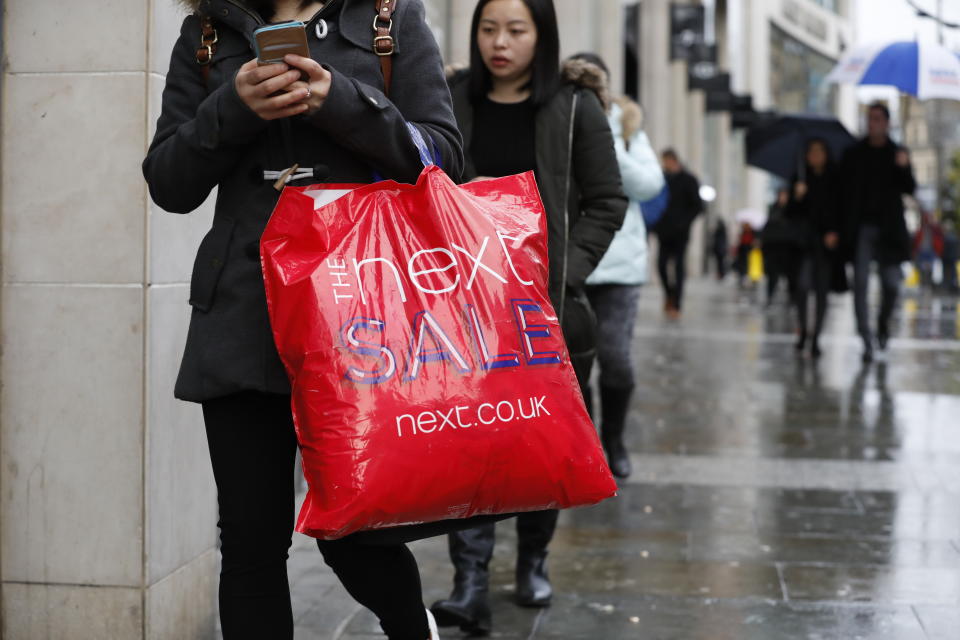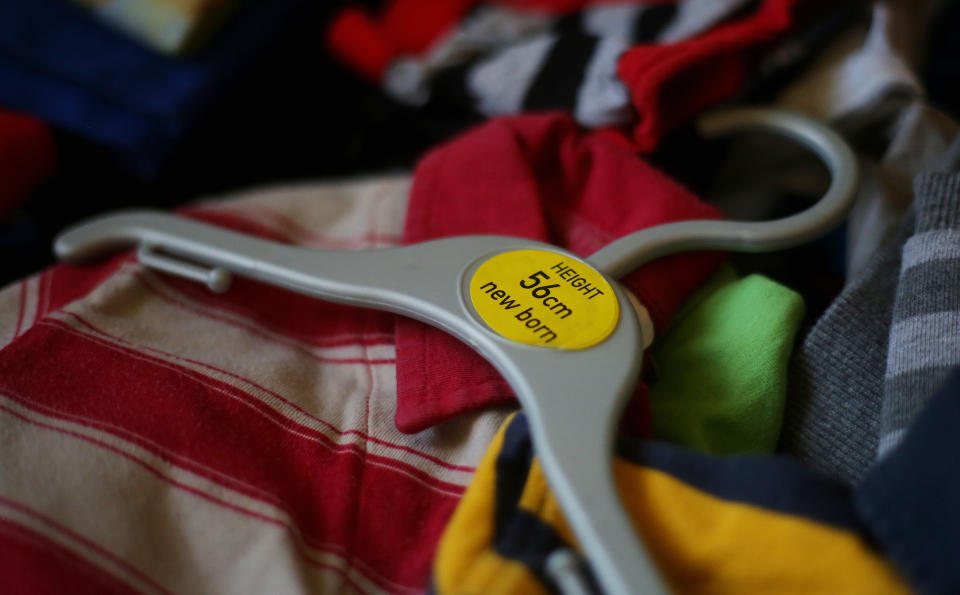Rents, bills and clothes are getting cheaper in good news for UK households

Rents, clothing and gas and electricity bills are all getting less expensive in a boost for household finances in the UK, new figures show.
Renters in private accommodation in England are now spending 2.5% less of their income on rent than in 2010, according to a Residential Landlords Association report out today.
Separate figures released by the Office for National Statistics (ONS) show a continued slowdown in UK rent increases since 2016, in a boost for tenants particularly in London’s expensive market.
Private sector rents have risen by 1% over the past year, but they will be falling in real terms for many renters as average wages have increased faster across the country.
READ MORE: Prepare for the apocalypse as nuclear spy base goes on sale
The ONS figures also show several other household costs coming down or rising at a slower rate.
The price of gas and electricity for consumers saw the biggest single-month drop since records began in January, just as a government cap on prices came into force.
Utility bills had risen for much of 2018, and have been high enough in recent years to make them a political issue, sparking the new government price cap.
Other essentials getting cheaper over the past month included petrol and diesel prices, as well as the cost of single-night hotel stays.
Another major area recording falling prices, with a 1.3% drop, was clothing and footwear, with women’s and children’s clothes seeing the biggest price drops over the past month.

Many other costs for everyday essentials have been rising however, both in the past month and over recent years.
Overall inflation on the Consumer Price Index was 1.8%, down from 2% in December.
The ONS’ head of inflation Mike Hardie said: “The fall in inflation is due mainly to cheaper gas, electricity and petrol, partly offset by rising ferry ticket prices and air fares falling more slowly than this time last year.”
Alan Ward, chair of the RLA, said the private rented sector was becoming more affordable compared to social housing, and warned against any new taxes or rent controls that put more pressure on private landlords.
The RLA’s figures suggest social housing tenants are spending slightly more of their incomes on rent, and have seen far larger rent increases than in the private sector since 2010.
READ MORE: The London boroughs where prices are rising and falling fastest

 Yahoo Finance
Yahoo Finance 